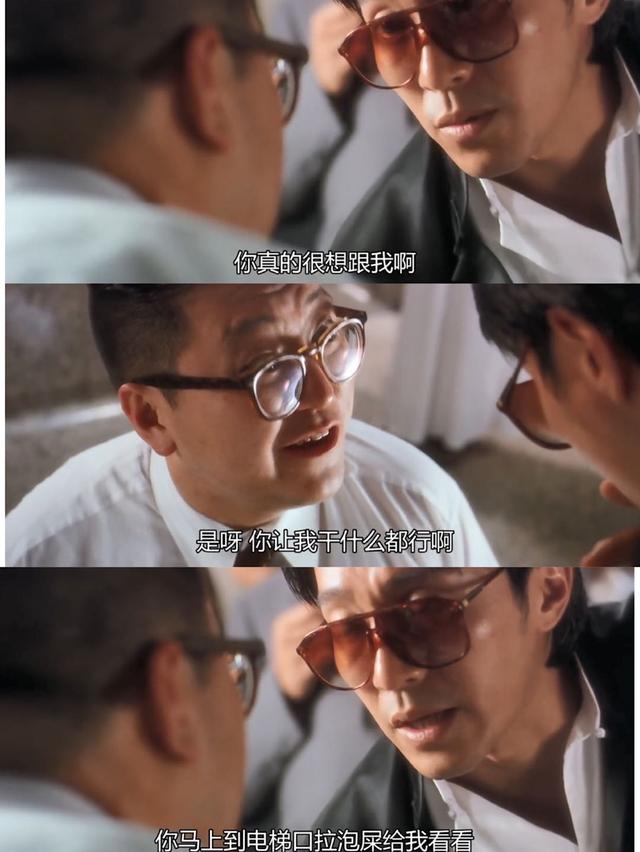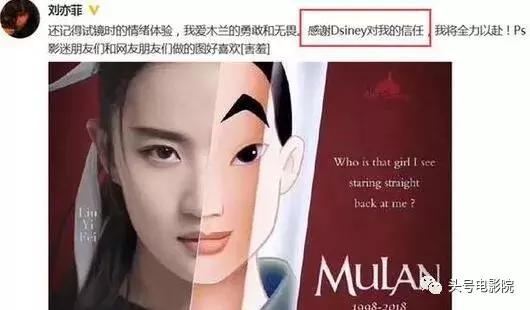
You know, stubbing your toe hurts.
你知道的,踢到脚趾简直痛死。
It's right up there with paper cuts and chapped lips, annoying minor injuries that hurt way more than they have any right to.
疼痛程度与纸片割手与嘴唇开裂相当。这些小伤造成的痛简直达到人神共愤的境界。
But it turns out there's a good reason why stubbing your toe hurts so much.
不过事实上,踢到脚趾之所以这么痛是非常有原因的。
When you stub your toe, you're slamming it with a force equal to two to three times your body weight.
踢到脚趾的一瞬间 ,你相当于用自身体重两到三倍的力量踢脚趾。
That's about the same force as a karate punch.
差不多等于空手道的一拳的力量。
And since your toe has a tiny surface area, that force can't be spread out, so the pain stays concentrated at the point of impact.
由于脚趾的表面积很小而力量不能分散,因此疼痛就集中在受到冲击的那一点。
It's the same reason it hurts so much more to step on the tiny, pointy end of a thumbtack than the wider, blunt end.
同样道理,踩在图钉小又尖锐的那端时,剧痛程度远胜踩到较宽又钝的那头。
But you don't just feel the immediate shock like when you step on a thumbtack.
然而,你感受到的不仅是当下踩到图钉而立马反应的冲击。
There's that aching throb that comes after.
还有随之而来的抽痛。
That's because when you stub your toe, you're actually hitting a bundle of special nerve endings called nociceptors.
这是因为当你踢到脚趾时,其实击中的正是一堆特别的神经末梢—伤害感受器。
They all fire at once, blaring a danger signal.
它们立马发出刺耳的警讯。
But some signals travel faster than others.
可是有些信号传送速度较快。
The faster A-delta nociceptors fire the first wave of signal.
A-delta 伤害感受器 (神经纤维) 发出第一波的信号。
Which races at 20 meters per second of thousands of densely bundled nerve fibers, and ultimately to your brain.
在大量密集的神经纤维里以每秒 20 米的速度全速前进,最终进入脑部。
That causes the sharp, sudden pain you feel at the moment of impact.
在受到冲击的当下造成突然的刺痛。
But some nerve fibers called C nociceptors send a slower signal at only 2 meters per second.
不过有些叫作 C 伤害感受器的神经纤维,其送出的信号较慢,速度仅为每秒 2 公尺。
So after a moment's delay, the second wave of pain signals reach your brain.
所以短暂的延迟后,第二波的疼痛信号到达脑部了。
That's the dull throbbing that lingers on.
其停留体内并隐隐作痛。
You can find nociceptors all over your body from your eyes to your bladder.
全身从眼睛到膀胱都可找到伤害受器的踪迹。
But they're concentrated at the highest densities in parts of your body that you use to explore your environment.
但它们高密度地聚集于探索环境的身体部位。
Like your fingertips and your lips.
像是指尖和嘴唇。
That's why accidents like paper cuts and chapped lips can also hurt more than they seem like they should.
这就是为何纸片割手与嘴唇龟裂的痛似乎被放大了好几倍。
Now, your toe isn't packed with as many nociceptors as your fingertips.
虽然你脚趾上的伤害受器没有指尖的多。
But since there's not much in the way of padding to cushion the blow, it's easy to set those unprotected nociceptors off.
但由于没有什么垫材类的东西可以减少冲击,未受保护的伤害受器便容易被触发。
And that's no coincidence.
这并非巧合。
Researchers suspect the pain that we feel from mishaps like a stubbed toe might have even saved our ancestors' lives.
研究人员怀疑,我们脚趾踢到的痛,可能甚至拯救了祖先的性命。
Back before antibiotics, even the tiniest cut could mean a deadly infection, and feet, which were constantly in contact with dirty, bacteria-infested surfaces, were particularly vulnerable.
抗生素问世前,即使是最小的伤口都可能造成致命的感染,而脚特别脆弱,因为常常与肮脏又充满细菌的地面接触。
So the people who had extra-sensitive feet might have been more careful about where they stepped.
所以脚部特别敏感的人,就可能特别留意脚下所踩之物。
As a result, they'd be less likely to get infections and would live to pass on their genes.
因此,他们感染的机率可能较小,进而繁衍后代,将基因留存。
So the next time that you collapse on the floor cradling your aching toe...
所以下次你痛得倒在地下轻抱着脚趾时...
You can thank your great-great-great-great-great-great-great-great-great-great-great-grandpa for the privilege.
你可要感谢你曾曾曾曾曾曾曾曾曾曾曾祖父所赐的恩典。
校译:全民英语 编辑部
,




